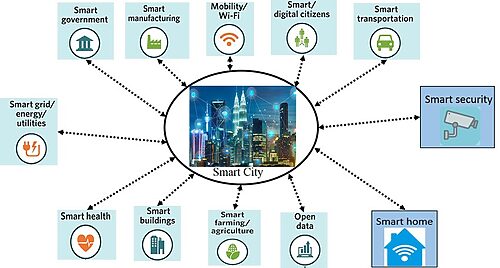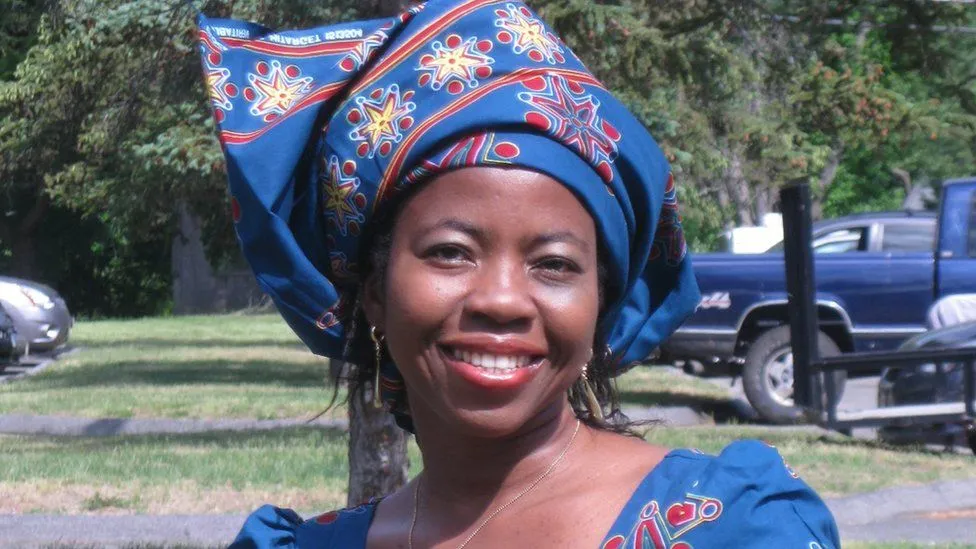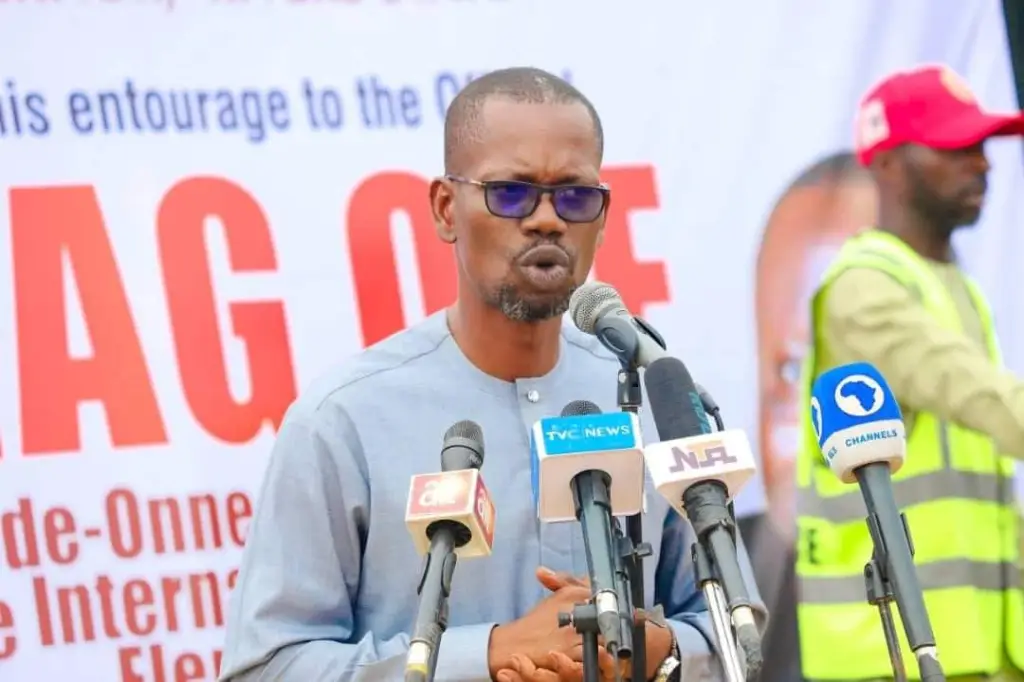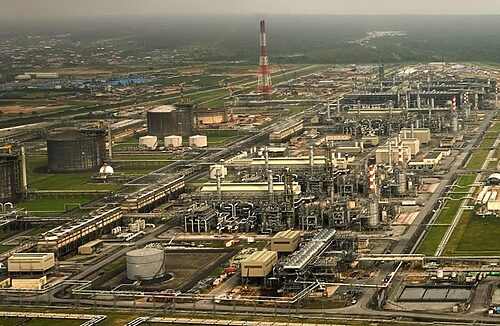the court affirms the nogicd acts and pias recognition of host communities
Finima as Host Community – The court affirms the NOGICD Act’s and PIA’s recognition
Finima as Host Community. The Federal High Court in Abuja, on Friday 15 September 2023, has ruled that the community where an oil and gas company operates has the right to host such activities and should be engaged in that regard by the company conducting such operations.
In accordance with the Community Content Guidelines of the Nigerian Content Development and Monitoring Board, NCDMB, and the Petroleum Industry Act 2021, the Buoye Omuso (Brown) Founding Royal Major House of Finima (Founders of Finima, and owners of all lands in Finima) and Finima community in Bonny Local Government Area of Rivers State filed a lawsuit before the court. The lawsuit demanded recognition as the host community of the Nigeria LNG Limited.
The plaintiffs had on 15th August 2022, filed the suit through their Counsel, Prof Mike Ozekhome,SAN, for themselves and on behalf of the People of Finima Community of Bonny Local Government Area of Rivers State, suing four defendants, namely, the Federal Minister of Petroleum Resources, the Nigerian National Petroleum Company Limited (NNPC), Nigeria LNG Limited and Nigerian Content Development and Monitoring Board (NCDMB).
The court in its judgement held,agreeing with Ozekhome who led a team of lawyers comprising of Benson Igbanoi, Esq, Mrs Amauche Onyedum, amongst others, that, there exists a binding lease agreement between the NNPC, the NLNG Ltd and the FINIMA community; and that the community was entitled to compensation for breach of the said lease agreement.
They also complained about the Defendants’ failure to provide adequate relocation arrangements for affected members of the community which resulted in the breach of the said lease agreement and the NCDMB community guidelines.
The court also held that the plaintiffs have the locus to institute the suit in a representative capacity for the FINIMA community,as they testified and provided in court, a copy of the resolution wherein the entire community agreed to that effect.
They also, most notably, tendered an earlier judgement in rem delivered by Hon. Justice Inko-Tariah, sitting at the High Court of Rivers state, in suit no: PHC/174/72, wherein the trial Judge had declared that “all land situates and lying between FINIMA and Bonny belong to the FINIMA community represented by the Plaintiffs”.
In his decision in the case No: FHC/ABJ/CS/1419/2022, Justice Donatus Okorowo ruled in favour of the plaintiffs, the Buoye Omuso (Brown) Major House of Finima.
Respondents in the suit include Nigeria LNG Limited, the Nigerian Content Development and Monitoring Board, the Federal Ministry of Petroleum Resources, and the Nigerian National Petroleum Company Limited.
The plaintiffs had asked the court, among other things, to declare Finima as the host community of NLNG rather than Bonny Kingdom, just as the company had recognised Ogbum-nu-Abali community and Amadi-Ama community as joint host communities of its Corporate Head Office in Port Harcourt rather than Rebisi Kingdom or Okrika kingdom.
The plaintiffs, who contended in the abovementioned complaint that they are the founders and proprietors of the lands in Finima, sought and received all of the reliefs granted, represented by Amauche Onyedum, a Principal Counsel in Mike Ozekhome’s Chambers.
Some of the reliefs include, “A declaration that the Plaintiffs, who sued in a representative capacity for themselves and on behalf of the Buoye Omuso (Brown) Major House of Finima, (founders of Finima, and owners of all lands in Finima) and Finima Community in Bonny Local Government Area, Rivers State, is the host community housing the NLNG Plant and other NLNG facilities, referred to in the 2nd Defendant’s
“A declaration that the defendants’ refusal, neglect, and failure to ensure compliance with Sections 25, 26, 27, and 28(2) of the Nigerian Oil and Gas Industry Content Development (NOGICD) Act, 2010, and Guidelines 1.0 to 7.0 of the Nigerian Content Development and Monitoring Board – Community Content Guidelines (NCDMB-CCG), 2017, as they apply to the Plaintiffs’ land in their community before or after the Defendants’ conduct is illegal, wrongful, unconscionable, and unlawful.”
An order of perpetual injunction prohibiting the defendants from performing any additional works or operations on the site of the NLNG Plant in Finima Community until they have complied fully with the terms and conditions agreed upon by the plaintiffs and the third defendant, the provisions of the NOGICD Act 2010, and the Nigerian Content Development and Monitoring Board
The management of Nigeria LNG Limited responded to the court ruling by stating that the company’s solicitors were reviewing the ruling and would respond as soon as it was appropriate.
The defendants must execute a leasing agreement between the plaintiffs and the NLNG or any other pertinent party within thirty days of the ruling, according to Hon. Justice Okorowo. The defendants were given one hundred billion naira in general damages by the judge for failing to acknowledge the plaintiffs as their host community.
The business remains committed on guaranteeing and maintaining a cordial relationship with its host community as a global gas firm, according to NLNG General Manager of External Relations and Sustainable Development, Mr. Andy Odeh, in a statement.
“Nigeria LNG Limited is aware of a decision made by the Federal High Court in Abuja on a case filed by the Buoye Omuso Brown House of Finima against the Federal Ministry of Petroleum Resources, NNPCL, NLNG, and NCDMB, asking the court to interpret issues pertaining to host communities and the Petroleum Industry Act.
The company via Andy Udey further reiterated, “NLNG wishes to state that its lawyers are studying the decision and will react at the appropriate time.
“Nigeria LNG remains focused on ensuring cordial relationship with its host communities and remains committed to sustainable community development, peace in its areas of operation as it continues to be a to globally competitive LNG company helping to build a better Nigeria.”
The Honorable court, consequently, granted all the reliefs sought by the plaintiffs,to wit:
- A DECLARATION that the Plaintiffs who sued in a representative capacity for themselves and on behalf of the Buoye Omuso (Brown) Major House of Finima, (Founders of Finima, and owners of all lands in Finima) and Finima Community in Bonny Local Government Area, Rivers State, is the host community housing the NLNG Plant and other NLNG facilities, referred to in the 2ndDefendant’s letter dated 3rd March, 1978, with reference No: GPD.001/S.1/21 50230/225, same being their ancestral homelands.
- A DECLARATION that the refusal, failure and/or neglect by the Defendants, their representatives, aides, workers, agents, privies, and servants, to enter into a lease agreement with the Plaintiffs, and ensure compliance with the terms agreed upon by the 2ndDefendant and NCDMB Community guidelines constitutes a deprivation of the rights of the Plaintiffs as host community and a breach of the terms so agreed upon.
- A DECLARATION that the Defendants ought not to have commenced any form of business in the Plaintiffs community without due, total and adequate compensation to and relocation of the Plaintiffs to a decent settlement which shall be in compliance with the terms duly entered into by the 2ndDefendant; and in any case not below the standards of what the Plaintiffs had enjoyed before the coming of the Defendants to their ancestral lands.
- A DECLARATION that the Defendants’ non-compliance with the required terms, conditions and guidelines of extant laws, has had direct consequential adverse effect on the Plaintiffs, their livestock, buildings, tombs, totems, residential homes, streams, cash crops, minerals, life, means of livelihood and dignity of the human person.
- A DECLARATION that the dealings on the said lands and alleged compensations clandestinely and surreptitiously paid to any person or persons not being the representatives of the Buoye Omuso(Brown) Major House and members of Finima Community are illegal, wrongful, unlawful, null and void and of no effect whatsoever.
- A DECLARATION that the acts of the Defendants, whether by themselves, their workers, representatives, privies, servants, agents, e.t.c, in demolishing all, or any part of the structures, built and erected by the Plaintiffs in Finima community, including farmlands, economic trees, livestock, totems, relies, etc, and consfication of ancestral lands in Finima Community contrary to the provisions of the Nigerian Oil and Gas Industry Content Development (NOGICD) Act, 2010, and Nigerian Content Development and Monitoring Board – Community Content Guidelines (NCDMB-CCG), 2017, are therefore illegal, wrongful unlawful, unconscionable, null and void and of no effect whatsoever.
- A DECLARATION that it is, illegal, wrongful, unconscionable and unlawful for the Defendants to refuse, neglect and fail to ensure due compliance with the provisions of Sections 25, 26, 27, and 28(2) of the Nigerian Oil and Gas Industry Content Development (NOGICD) Act, 2010, and Guidelines 1.0 to 7.0 of the Nigerian Content Development and Monitoring Board – Community Content Guidelines (NCDMB-CCG), 2017, as they affect the Plaintiffs’ land in their community before or after the commencement of work, or soon after the coming into effect of the instant Act and guidelines by the 3rd Defendant.
- AN ORDER directing the Defendants to effect a lease agreement between the Plaintiffs and the NLNG and or any other interested or relevant party within 30 clear days from the date judgment is delivered in favor of the Plaintiffs in this suit.
- AN ORDER directing the Defendants to accord and award the Plaintiffs directly, their entitlements, privileges and benefits which have accrued and accruable to the Plaintiffs as host community that bear the brunt of the Defendants’ operations.
- AN ORDER OF PERPETUAL INJUNCTION restraining the Defendants, whether by themselves, their representatives, workers, servants, agents and/or privies howsoever called, from carrying out further works or operations on the site of the NLNG Plant in Finima Community until due and total compliance with the terms and conditions agreed upon by the Plaintiffs with the 3rdDefendant, the provisions of the Nigerian Oil and Gas Industry Content Development (NOGICD) Act, 2010, and the Nigerian Content Development and Monitoring Board – Community Content Guidelines (NCDMB-CCG), 2017, as well as other extant regulatory requirements.


















You must be logged in to post a comment.